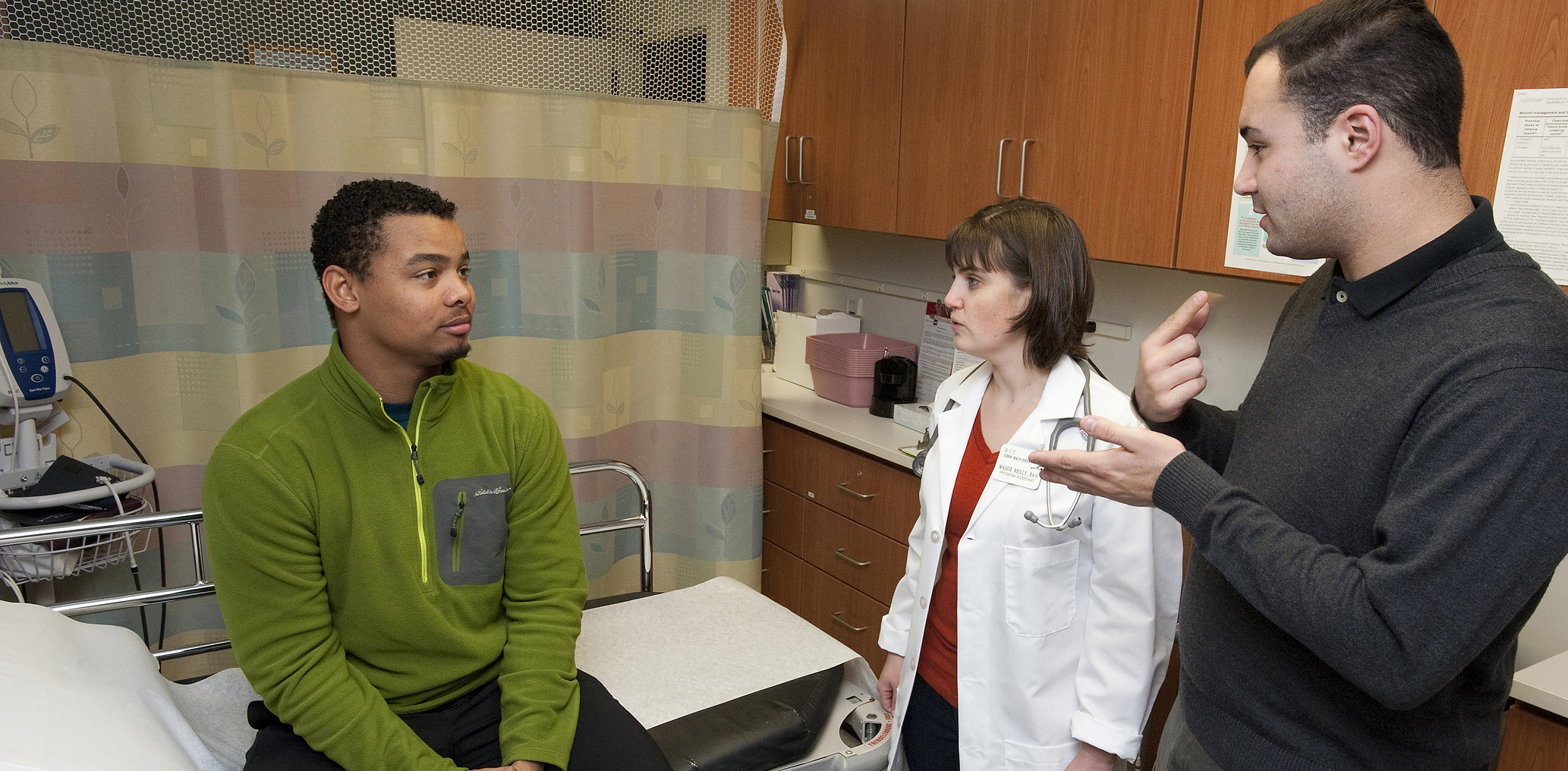

The non-credit Certificate in Healthcare Interpreting (CHI) program is taught exclusively online and will run from September – May. CHI provides specialized professional development to ASL/English interpreters in the area of healthcare interpreting, and employs innovative teaching by nationally recognized healthcare experts combined with practical application within healthcare environments.
The online application deadline is June 1. Applicants will receive an email by June 30 with a decision on their application status.
ASLIE is an Approved RID CMP Sponsor for continuing education activities. The Certificate in Healthcare Interpreting is a Professional Studies (PS) program offering up to 16.5 CEUs at the Some Content Knowledge Level. (The program also includes some instructional material which counts toward RID CMP’s Power, Privilege, and Oppression requirement.) Should you need an accommodation, please contact Jeni Rodriguesi at jlrnss@rit.edu. This certificate program upholds nondiscriminatory practices and encourages a learning environment which is free from bias and promotes mutual respect.
After completing this program the student will:
The following criteria will be used to select applicants to participate in this program:
This program includes approximately 160 hours of online instruction.
This program runs from September – May
The prerequisite medical terminology course is $109.95. The cost for the Certificate Program is $1,600, which includes books.
You will need a high-speed internet connection, a microphone and a webcam.
Students will complete an online course on medical terminology (e.g. Language of Medicine). This course emphasizes etymology, definition, pronunciation and correct utilization of medical terms. This course will enable students to develop a vocabulary essential to the understanding of the language used by medical professionals. Students will provide NTID's Department of American Sign Language and Interpreting Education with a copy of proof of completion before starting the program.
This course will expose interpreters to the broad array of medical settings, medical professionals, common medical service protocols, and the federal regulations and policies impacting communication access and the work of interpreters. In addition to the broadly defined medical interpreting objectives, the course also addresses the theoretical constructs and the approach to the practice of interpreting based on the demand-control schema. This course will expose interpreters to the typical diagnostic and treatment dialogues or clinical "scripts" of common conditions, diagnoses and initial presenting complaints. Exposure to this new content knowledge happens via observations of medical student practice dialogues with simulated patients and other problem based learning activities. English to ASL skill development activities will be employed using materials from the CATIE Center.
This course will provide interpreters with a strong foundation in Human Body Systems. Students will learn anatomy and physiology (structure and function), specialized terms, health care provider specialties, medical tests, procedures and equipment, common medications, and common conditions/diseases for each body system. The course will emphasize understanding the realities of interpreting practice, while recognizing discrepancies between known and unknown knowledge stores. Through this process, interpreters will learn to recognize unfamiliar medical terms, constructs, and jargon in order to better navigate within healthcare systems.